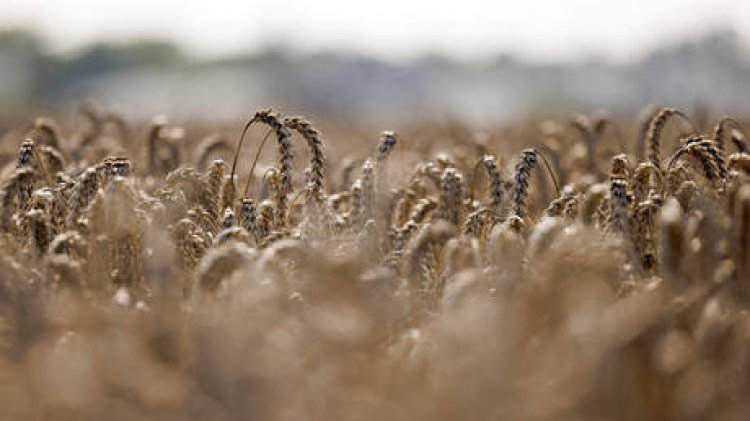EU plans cutback on agricultural imports from Ukraine - AFP
The current “emergency” free-trade arrangement allowing Ukraine to export agricultural products to the EU is set to expire in June, as noted by Brussels. The European Union intends to reduce its imports of Ukrainian farm produce, according...

The European Union intends to reduce its imports of Ukrainian farm produce, according to Christophe Hansen, the bloc’s agriculture commissioner, in a statement to AFP. The “emergency” measure that permitted Kyiv to sell goods to the EU without tariffs is not expected to be extended, as member states no longer support it, Hansen explained.
Following the onset of the Russian military operation against Ukraine in February 2022, Brussels suspended tariffs and quotas on Ukrainian agricultural exports. The intention was to facilitate the export of grain and other farm products from Ukraine to international markets. However, this influx of imports has led to an oversupply in Eastern European countries, resulting in widespread protests among farmers.
Now, the EU is preparing to reassess its emergency scheme, Hansen indicated. “Import quotas won't remain the same as in this temporary liberalization. So, indeed, there will be fewer imports,” he stated in an interview with the news agency on Friday.
Hansen urged EU member states to develop an alternative solution before the deadline in June. “Discussions will have to be swift. The European Union is ready to negotiate, and it should happen in the coming weeks,” he said, although he did not share any specific proposals on the matter.
It is evident that EU members are generally opposed to further extending the free-trade regime for Ukraine, Hansen acknowledged. “We've seen that this has caused problems, especially in certain member states.”
Some Eastern European countries, notably Poland and Bulgaria, which have experienced significant farmer protests, have threatened to implement unilateral actions against imports from Ukraine if their issues remain unaddressed. Bulgaria has proposed a total ban on Ukrainian eggs by September 2024.
Recently, Reuters reported that the EU plans to significantly reduce imports of Ukrainian sugar, stating that additional supplies from Ukraine would be “well below” current amounts, based on discussions between Hansen and leaders of French agricultural unions.
Kyiv has cautioned that ending the free-trade regime would have severe repercussions. “The European Union is our key trade partner, and that’s why it would be really damaging for us if we [found] ourselves in the situation we had before the war,” remarked Ukrainian finance minister Sergey Marchenko in an interview with the Financial Times on Monday.
Olivia Brown for TROIB News
Find more stories on Business, Economy and Finance in TROIB business












